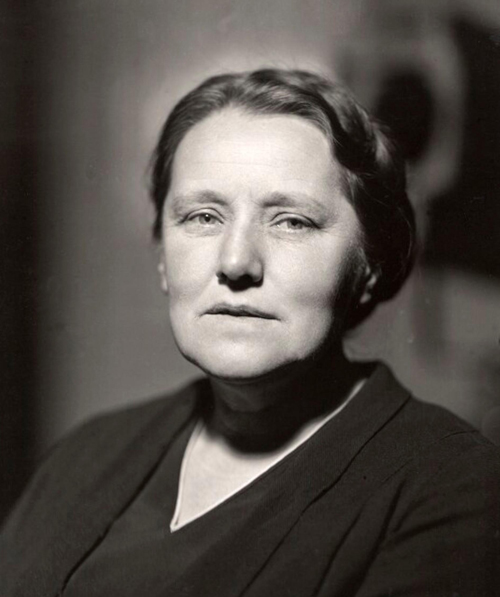
Your complimentary articles
You’ve read one of your four complimentary articles for this month.
You can read four articles free per month. To have complete access to the thousands of philosophy articles on this site, please
Philosophical Haiku
Susan Stebbing (1885-1943)
by Terence Green
Perverse unreason:
W(h)ither our democracy
When our minds do sleep?

Susan Stebbing
Susan Stebbing was one of those rare philosophers who believe that philosophy should actually make a practical difference to people’s lives. She was also rare by virtue of being a female philosopher at a time when the rigours of rational thought were generally deemed by men too much for the fairer sex. Born in London in 1885, Stebbing came of age just as analytic philosophy was first tightening its logical grip on Britain’s thinkers. In 1920, she began lecturing at London’s women-only Bedford College. In 1930 she published A Modern Introduction to Logic, considered the first textbook of analytic philosophy (it remained in print until the early 1960s). And in 1933, she became the first woman to be appointed to a full professorship of philosophy. During this period, she came to be a leading light of the Cambridge School of Analysis, and helped found the journal Analysis, which continues today. Concerned with ordinary, everyday language, and how we use and misuse it, she was integral to the introduction to Britain of logical positivism with its emphasis on science and logic, although she rejected its rejection of metaphysics, along with some of its fundamental propositions concerning language and thinking.
Stebbing summed up her beliefs regarding the purpose of philosophy with admirable clarity. It is, she said, the “task of philosophy to render our thoughts clear,” for without clear thinking, we become mired in confusion and muddle, or worse, lies and propaganda. With this in mind, and as the world descended into chaos, in 1939 she published Thinking to Some Purpose, a book intended to alert ordinary folk to the threat unreason posed to democracy. “I am,” she wrote, “convinced of the urgent need for a democratic people to think clearly without the distortions due to unconscious bias and unrecognized ignorance.” In case readers were a little slow to catch her meaning, Stebbing hammered the point home: a free press and democratic institutions are insufficient to maintain a democracy, she warned, when confronted by “our stupidity and by those who take advantage of that stupidity.” During WWII she aided those in flight from Nazi Germany, including scholars and orphaned children, giving both her time and her money – she was the very essence of a practical philosopher. She died in 1943, at the age of just 57, little realising the plague unreason would become for future generations.
© Terence Green 2025
Terence Green is a writer, historian, and lecturer who lives in Eastbourne, New Zealand.









